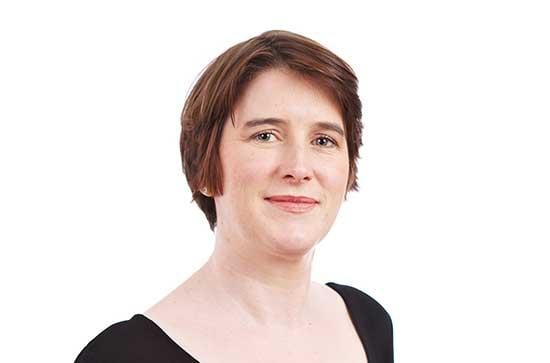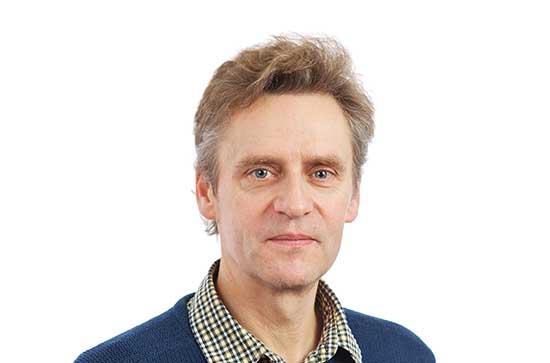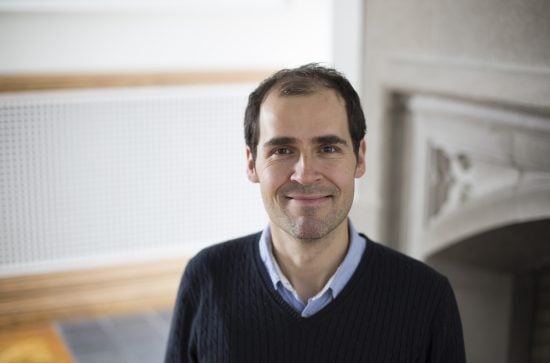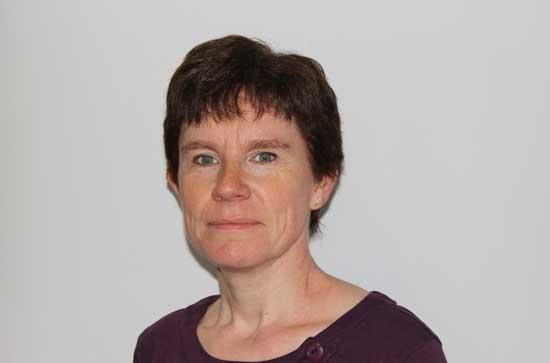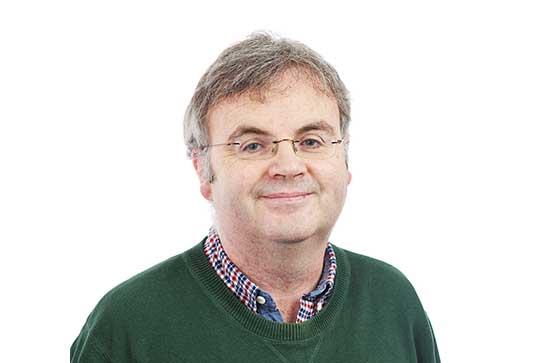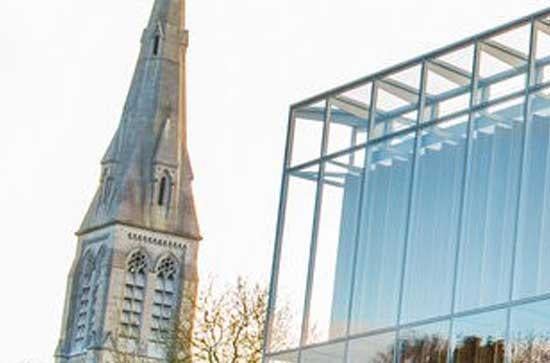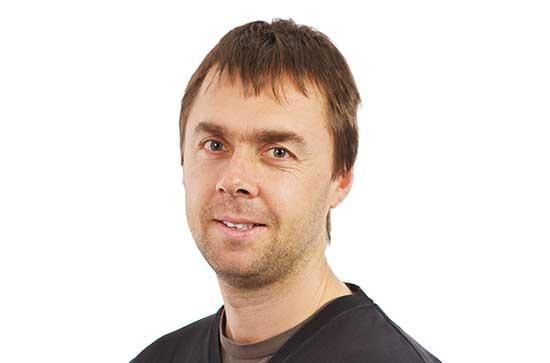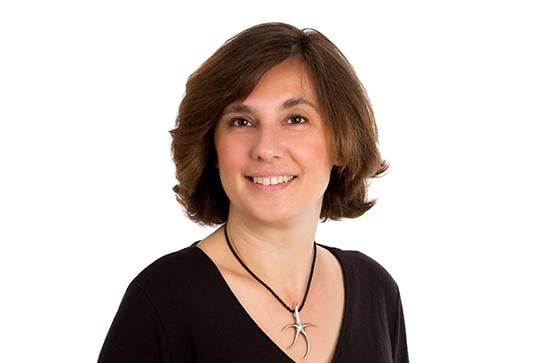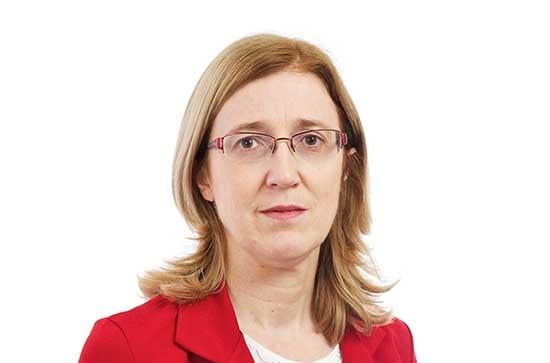Qualification : MASTER OF SCIENCE DEGREE
Award Type and NFQ level : TAUGHT MASTERS (9)
CAO/MU Apply code : MHH53
CAO Points :
Closing Date : 30 June 2025
The MSc Economics (Part-Time) is a stimulating and challenging two-year programme that provides international quality training in Economics and Econometrics.
This programme is equivalent to the MSc Economics (MHH52) spread over two years. Classes are generally taken with the full-time students, but some flexibility is possible in scheduling these classes. Potential applicants should contact the Admissions Director to discuss whether scheduled classes could be combined with their employment.
Through a combination of theoretical principles and empirical tools, the programme emphasises problem solving and equips successful graduates with economic, quantitative and communication skills that are highly sought by employers in the public and private sectors.
Recent graduates have taken up positions at institutions like the Central Bank of Ireland, the Economic and Social Research Institute (ESRI), the Irish Government Economic and Evaluation Service (IGEES) and the Central Statistics Office, while others have pursued careers in economic consultancy, economic development, retail and investment banking, financial services and fund management. Some continue to PhD programmes to pursue an academic career. The diverse career paths reflect the adaptability and flexibility of our graduates.
The department offers four partial scholarships for the MSc Economics programme; part-time students may be eligible for this scholarship in their second year see here for details.
Check out testimonials from our graduates at https://www.maynoothuniversity.ie/economics/our-graduates.
Commences: September
The degree is targeted at high quality applicants with a strong background in economics or good quantitative skills, and who wish to study while in employment. The programme is equivalent to the MSc Economics (MHH52) programme, spread over two years.
In particular, students are eligible for admission if they have obtained the equivalent of at least a 2.1 grade in:
- an honours degree in economics
- an honours degree in which economics formed a substantial component, including joint honours economics degrees and some business and finance degrees that include core economics modules
- an honours degree in which there was a substantial quantitative component, such as mathematics, engineering, computer science, mathematical physics or statistics
- a postgraduate conversion course such as a Higher Diploma in Economic Science or similar.
Applicants with a high 2.2 in an undergraduate economics degree, but with 2.1 standard in key modules, may also be eligible and will be considered on a case-by-case basis by the Admissions Director.
Minimum English language requirements:
Applicants for whom English is not their first language are required to demonstrate their proficiency in English in order to benefit fully from their course of study. For information about English language tests accepted and required scores, please see here. The requirements specified are applicable for both EU and International applicants.
Maynooth University's TOEFL code is 8850.
The course structure is designed to be stimulating and challenging. In the first year, students take core modules in Microeconomics and Econometrics in the first semester and specialised field modules in Advanced Microeconomics and International Trade in the second semester. In the second year, students undertake Macroeconomics and further Econometrics in the first semester and additional field modules in areas such as Labour Economics, Development Economics and Industrial Organisation in the second semester.
Students also undertake a research thesis in the second year, using the skills attained in the taught modules to demonstrate the analytical competencies developed throughout the programme. The thesis proposal is developed in Research Skills seminars held through the second semester of the second year, and the thesis is then completed during the summer term.
Course Duration: 2 years part-time
Online application only. To make an application please click here.
To apply for your chosen postgraduate study at Maynooth University, please ensure you have the following documents to make an application:
- Evidence of your primary degree
- Academic transcripts
- A copy of your passport
- A personal statement
Applicants for whom English is not their first language are required to demonstrate their proficiency in English in order to benefit fully from their course of study. For information about English language tests accepted and required scores, please see here. The requirements specified are applicable for both EU and International applicants.


